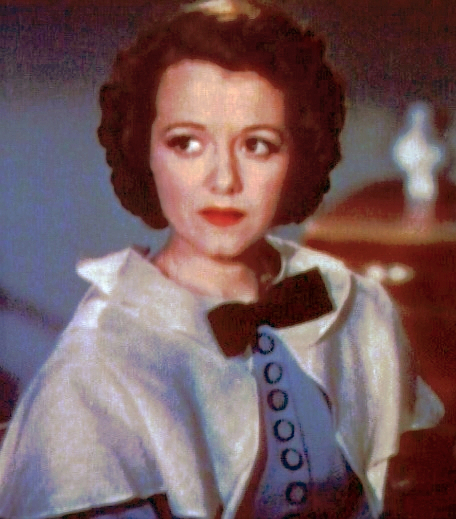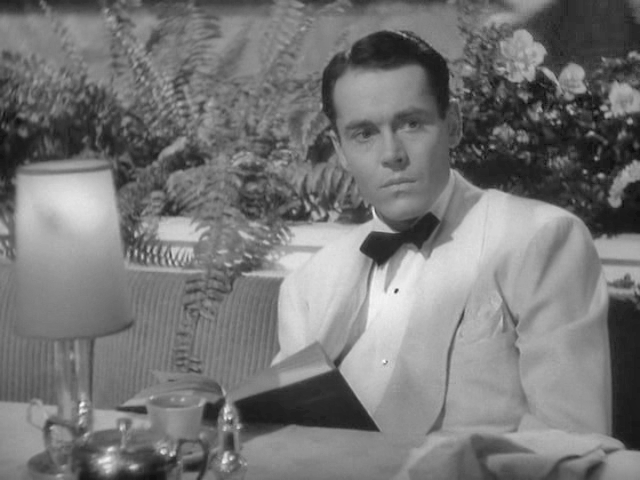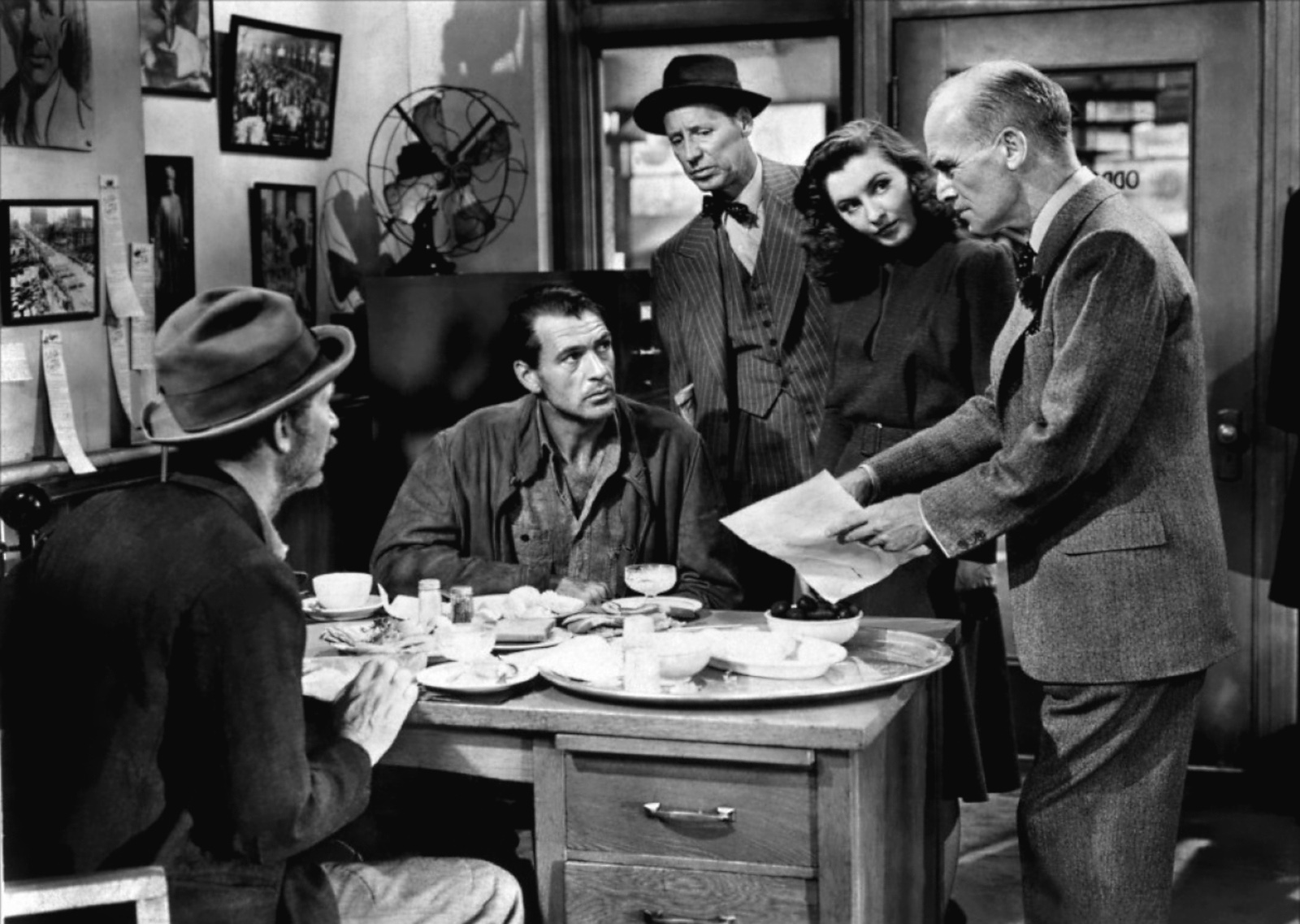|
Arthur Hoyt
Arthur Hoyt (March 19, 1874 – January 4, 1953) was an American film character actor who appeared in more than 275 films in his 34-year film career, about a third of them silent films. Career Born in Georgetown, Colorado, in 1874, Hoyt made his Broadway debut in 1905 in ''The Prince Consort''. He also appeared in Ferenc Molnár's ''The Devil'' in 1908, and made his final Broadway appearance in ''The Great Name'' in 1911. Hoyt made the silent comedy short ''The Scrub Lady'' in 1914, but his film acting career did not begin in earnest until 1916 when he appeared in another short, ''The Heart of a Show Girl''. From that time until 1944, each year a film was released in which Hoyt had acted – and frequently up to a dozen or so. Hoyt had large roles in such silent films as '' The Four Horsemen of the Apocalypse'' (1921), '' Souls for Sale'' (1923), and '' The Lost World'' (1925). He also directed two silent features, '' Station Content'' starring Gloria Swanson and ''Hig ... [...More Info...] [...Related Items...] OR: [Wikipedia] [Google] [Baidu] |
A Star Is Born (1937 Film)
''A Star Is Born'' is a 1937 American Technicolor romantic drama film produced by David O. Selznick, directed by William A. Wellman from a script by Wellman, Robert Carson, Dorothy Parker, and Alan Campbell, and starring Janet Gaynor (in her only Technicolor film) as an aspiring Hollywood actress, and Fredric March (in his Technicolor debut) as a fading movie star who helps launch her career. The supporting cast features Adolphe Menjou, May Robson, Andy Devine, Lionel Stander, and Owen Moore. The film has been remade three times: in 1954 (directed by George Cukor and starring Judy Garland and James Mason), in 1976 (directed by Frank Pierson and starring Barbra Streisand and Kris Kristofferson), and in 2018 (starring Lady Gaga and Bradley Cooper, who also directed). Plot North Dakota farm girl Esther Victoria Blodgett yearns to become a Hollywood actress. Although her aunt and father discourage such thoughts, Esther's grandmother gives Esther her savings to follow her dre ... [...More Info...] [...Related Items...] OR: [Wikipedia] [Google] [Baidu] |
Marie Provost
Marie Prevost (born Marie Bickford Dunn; November 8, 1896 – January 21, 1937) was a Canadian-born film actress. During her 20-year career, she made 121 silent and sound films. Prevost began her career during the silent film era. She was discovered by Mack Sennett who signed her to contract and made her one of his "Bathing Beauties" in the late 1910s. Prevost appeared in dozens of Sennett's short comedy films before moving on to feature-length films for Universal. In 1922, she signed with Warner Bros. where her career flourished as a leading lady. She was a favorite of director Ernst Lubitsch who cast her in three of his comedy films: ''The Marriage Circle'' (1924), '' Three Women'' (1924) and '' Kiss Me Again'' (1925). After being let go by Warner Bros in early 1926, Prevost's career began to decline and she was relegated to secondary roles. She was also beset with personal problems, including the death of her mother in 1926 and the breakdown of her marriage to actor Kenne ... [...More Info...] [...Related Items...] OR: [Wikipedia] [Google] [Baidu] |
Sullivan's Travels
''Sullivan's Travels'' is a 1941 American comedy film written and directed by Preston Sturges. A satire on the film industry, it follows a famous Hollywood comedy director (Joel McCrea) who, longing to make a socially relevant drama, sets out to live as a tramp to gain life experience for his forthcoming film. Along the way he unites with a poor aspiring actress (Veronica Lake) who accompanies him. The title is a reference to ''Gulliver's Travels'', the 1726 novel by satirist Jonathan Swift about another journey of self-discovery. ''Sullivan's Travels'' received disparate critical reception: ''The New York Times'' described it as "the most brilliant picture yet this year", praising Sturges's mix of escapist fun with underlying significance, and ranked it as one of the ten best films of 1941. But ''The Hollywood Reporter'' said that it lacked the "down to earth quality and sincerity which made turges'sother three pictures of 1941 – ''The Great McGinty'', ''The Lady Eve'', and '' ... [...More Info...] [...Related Items...] OR: [Wikipedia] [Google] [Baidu] |
The Lady Eve
''The Lady Eve'' is a 1941 American screwball comedy film written and directed by Preston Sturges and starring Barbara Stanwyck and Henry Fonda."The Lady Eve." ''IMDB.'' Retrieved: November 17, 2011. The film is based on a story by about a mismatched couple who meet on board an . In 1994, ''The Lady Eve'', which is included on many "Top 100" films of all-time lists, was selected for preservation in the United States by ... [...More Info...] [...Related Items...] OR: [Wikipedia] [Google] [Baidu] |
Christmas In July (film)
''Christmas in July'' is a 1940 comedy film written and directed by Preston Sturges based on his 1931 play '' A Cup of Coffee''. It was Sturges' second film as writer-director, after ''The Great McGinty'', and stars Dick Powell and Ellen Drew. Plot Dr. Maxford is thoroughly exasperated; he is supposed to announce on national radio the winners of a slogan contest for his Maxford House Coffee, where the first prize is $25,000. Maxford's jury is deadlocked by the stubborn Mr. Bildocker. As a result, the program ends without an announcement. Office worker Jimmy MacDonald dreams of winning, hoping to validate himself, provide some luxuries for his mother, and marry his girlfriend, Betty Casey. Betty does not understand his slogan: "If you can't sleep at night, it's not the coffee, it's the bunk." As a joke, three of his co-workers place a fake telegram on Jimmy's desk informing him that he has won. Jimmy's boss, J. B. Baxter, is so impressed that he promotes Jimmy on the spot to adve ... [...More Info...] [...Related Items...] OR: [Wikipedia] [Google] [Baidu] |
The Great McGinty
''The Great McGinty'' is a 1940 political satire comedy film written and directed by Preston Sturges, starring Brian Donlevy and Akim Tamiroff and featuring William Demarest and (in her final screen appearance) Muriel Angelus. It was Sturges's first film as a director; he sold the story to Paramount Pictures for just $10 on condition he direct the film. Sturges received an Oscar for Best Original Screenplay. For the U.K. release, the film was retitled ''Down Went McGinty'', alluding to the 1889 song. Plot Dan McGinty, a bartender in a banana republic, recounts his rise and fall to the bar's dancing girl and a suicidal American customer. The customer was a trusted bank employee who can no longer return to the United States and his family because he is wanted by the law after falling to temptation and stealing from the bank. McGinty is in a similar situation, but in his case it is due to "one crazy minute" of honesty rather than one of dishonesty. In a long flashback, he explains. ... [...More Info...] [...Related Items...] OR: [Wikipedia] [Google] [Baidu] |
Preston Sturges Unofficial Stock Company Actors
Actors who frequently worked with film director Preston Sturges Preston Sturges (; born Edmund Preston Biden; August 29, 1898 – August 6, 1959) was an American playwright, screenwriter, and film director. In 1941, he won the Academy Awards, Oscar for Academy Award for Best Original Screenplay, Best Origina ...: {{Preston Sturges Sturges, Preston Sturges, Preston ... [...More Info...] [...Related Items...] OR: [Wikipedia] [Google] [Baidu] |
Preston Sturges
Preston Sturges (; born Edmund Preston Biden; August 29, 1898 – August 6, 1959) was an American playwright, screenwriter, and film director. In 1941, he won the Academy Awards, Oscar for Academy Award for Best Original Screenplay, Best Original Screenplay for the film ''The Great McGinty'' (1940), his first of three nominations in the category. Sturges took the screwball comedy format of the 1930s to another level, writing dialogue that, heard today, is often surprisingly naturalistic, mature, and ahead of its time, despite the farcical situations. It is not uncommon for a Sturges character to deliver an exquisitely turned phrase and take an elaborate pratfall within the same scene. Prior to Sturges, other figures in Hollywood (such as Charlie Chaplin, D. W. Griffith, and Frank Capra) had directed films from their own scripts; however, Sturges is often regarded as the first Hollywood figure to establish success as a screenwriter and then move into directing his own scripts, at ... [...More Info...] [...Related Items...] OR: [Wikipedia] [Google] [Baidu] |
It Happened One Night
''It Happened One Night'' is a 1934 pre-Code American romantic comedy film with elements of screwball comedy directed and co-produced by Frank Capra, in collaboration with Harry Cohn, in which a pampered socialite (Claudette Colbert) tries to get out from under her father's thumb and falls in love with a roguish reporter (Clark Gable). The screenplay by Robert Riskin is based on the August 1933 short story "Night Bus" by Samuel Hopkins Adams, which provided the shooting title. Classified as a "pre-Code" production, the film is among the last romantic comedies created before the MPPDA began rigidly enforcing the 1930 Motion Picture Production Code in July 1934. ''It Happened One Night'' was released just four months prior to that enforcement.Brown 1995, p. 118. It has garnered critical acclaim and is widely hailed one of the greatest films ever made''. It Happened One Night'' is the first of only three films (along with '' One Flew Over the Cuckoo's Nest'' and '' The Silence ... [...More Info...] [...Related Items...] OR: [Wikipedia] [Google] [Baidu] |
Frank Capra
Frank Russell Capra (born Francesco Rosario Capra; May 18, 1897 – September 3, 1991) was an Italian-born American film director, producer and writer who became the creative force behind some of the major award-winning films of the 1930s and 1940s. Born in Italy and raised in Los Angeles from the age of five, his rags-to-riches story has led film historians such as Ian Freer to consider him the " American Dream personified".Freer 2009, pp. 40–41. Capra became one of America's most influential directors during the 1930s, winning three Academy Awards for Best Director from six nominations, along with three other Oscar wins from nine nominations in other categories. Among his leading films were ''It Happened One Night'' (1934), ''Mr. Deeds Goes to Town'' (1936), '' You Can't Take It with You'' (1938), and '' Mr. Smith Goes to Washington'' (1939). During World War II, Capra served in the U.S. Army Signal Corps and produced propaganda films, such as the ''Why We Fight'' seri ... [...More Info...] [...Related Items...] OR: [Wikipedia] [Google] [Baidu] |
Claudette Colbert
Claudette Colbert ( ; born Émilie Claudette Chauchoin; September 13, 1903July 30, 1996) was an American actress. Colbert began her career in Broadway productions during the late 1920s and progressed to films with the advent of talking pictures. Initially associated with Paramount Pictures, she gradually shifted to working as an actress free of the studio system. She won the Academy Award for Best Actress for ''It Happened One Night'' (1934), and received two other Academy Award nominations during her career. Colbert's other notable films include ''Cleopatra'' (1934) and ''The Palm Beach Story'' (1942). With her round face, big eyes, aristocratic manner, and flair for light comedy and emotional drama, Colbert's versatility led to her becoming one of the best-paid stars of the 1930s and 1940s and, in 1938 and 1942, the highest-paid. In all, Colbert starred in more than 60 movies. Among her frequent co-stars were Fred MacMurray, in seven films (1935–1949), and Fredric March, in ... [...More Info...] [...Related Items...] OR: [Wikipedia] [Google] [Baidu] |
Clark Gable
William Clark Gable (February 1, 1901November 16, 1960) was an American film actor, often referred to as "The King of Hollywood". He had roles in more than 60 motion pictures in multiple genres during a career that lasted 37 years, three decades of which was as a leading man. Gable died of a heart attack at the age of 59; his final on-screen appearance was as an aging cowboy in '' The Misfits'', released posthumously in 1961. Born and raised in Ohio, Gable traveled to Hollywood where he began his film career as an extra in silent films between 1924 and 1926. He progressed to supporting roles for Metro-Goldwyn-Mayer, and his first leading role in ''Dance, Fools, Dance'' (1931) was alongside Joan Crawford, who requested him for the part. His role in the romantic drama '' Red Dust'' (1932) with reigning sex symbol Jean Harlow, made him MGM's biggest male star. Gable won the Academy Award for Best Actor for Frank Capra's romantic comedy ''It Happened One Night'' (1934), co-starring C ... [...More Info...] [...Related Items...] OR: [Wikipedia] [Google] [Baidu] |



